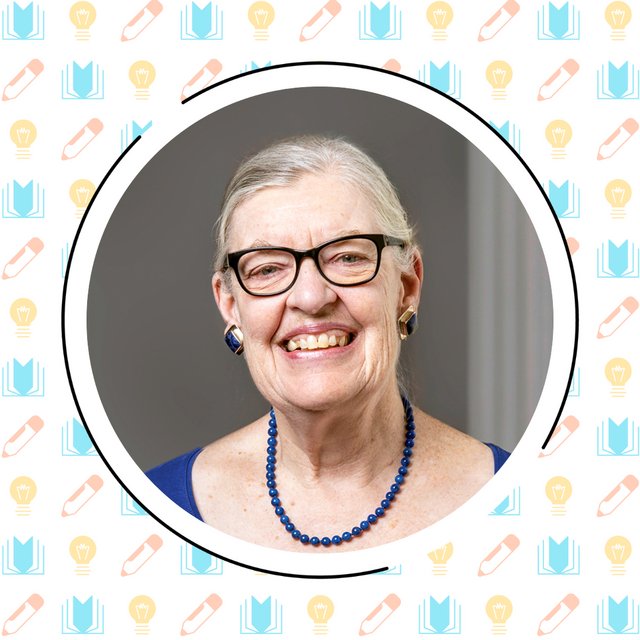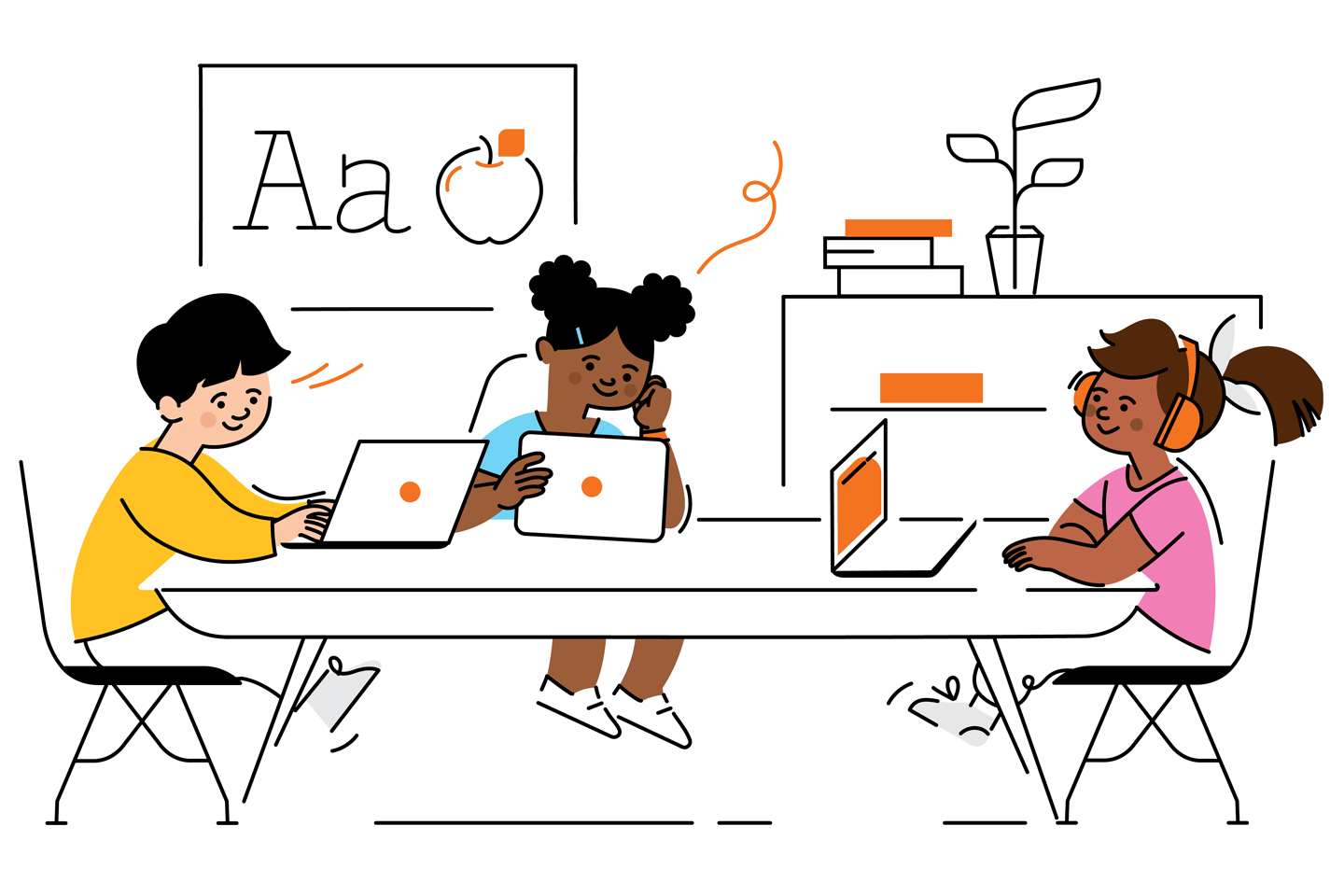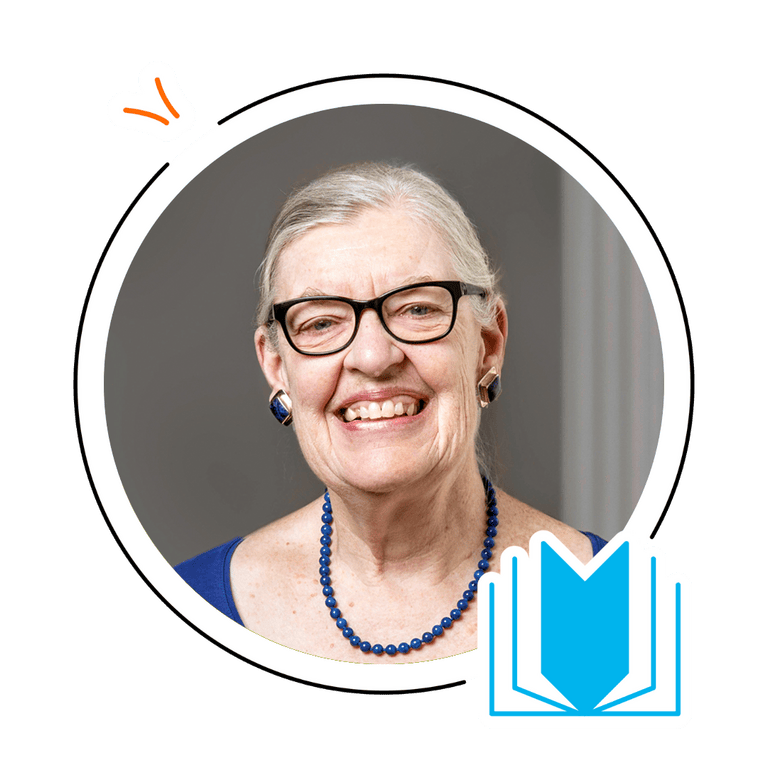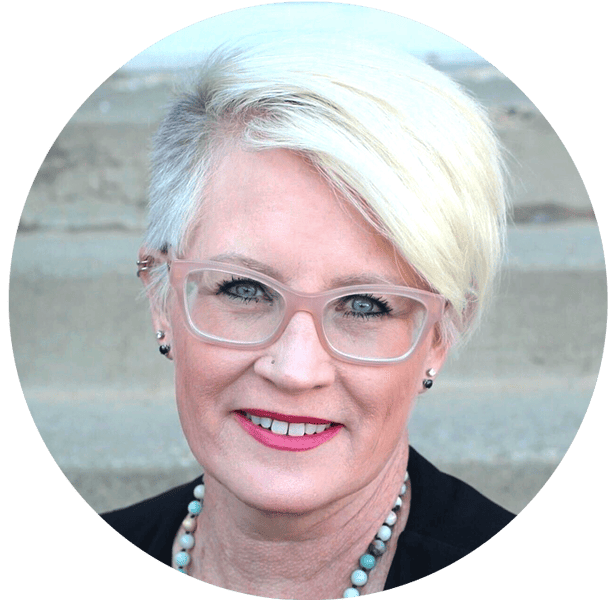
Language and literacy, with Catherine Snow
Harvard School of Education professor of cognition and education Catherine E. Snow, Ph.D., joins Susan Lambert on this episode to reflect on the state of language and literacy instruction in the U.S. They begin their conversation discussing early literacy and linguistics, then dive into Snow’s work on the National Research Council report “Preventing Reading Difficulties in Young Children.” Lambert and Snow talk about building vocabulary, growing student curiosity in reading, and exposing students to academic language. Snow talks about the specific tools educators need for meaningful help in the classroom, shares her hopes (and fears) for the future of reading instruction in the U.S., and explains why she encourages teachers to let their classrooms be noisier.
Meet our guest(s):



